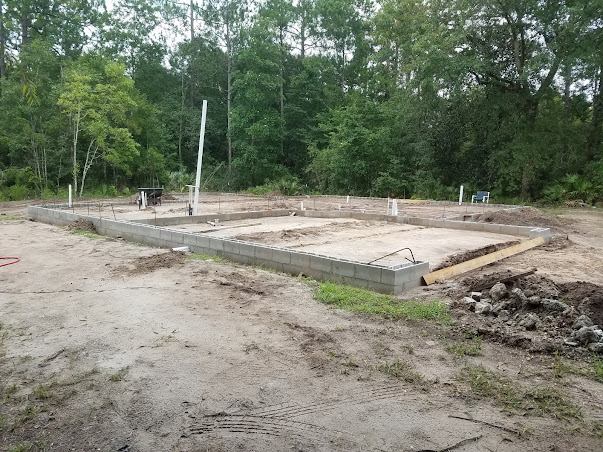Originally posted over on Serena Synn's blog
Serena
Synn
Why
Choosing Your Setting is Important
Setting is where the
story’s at. Not just in the literal sense, but in that old Sam Cooke, 1960’s,
“this looks fun, let’s stay a while” way. A bland setting is Van Gogh’s starry
night painted all in beige. It’s cauliflower mashed potatoes. Maybe it can be overcome
by great dialogue, interesting characters, a fun premise, but a truly memorable
setting can elevate a story faster than any other element. After all, what are
characters without a world to live in? What’s a conflict without stakes that
matter? Isn’t that tender, romantic conversation made more special because
you’re transported into that mountain cabin where the fireplace is crackling
and the wood smoke fills the air?
Even the most
minimalist story builds a setting to transport the reader right into what’s
happening. Take Hemmingway’s “Hills Like White Elephants” as an example. While
most of the story is reserved for dialogue, the whole opening is dedicated to
describing a setting that’s dry, hot, and exposed. It sets the tone for the
story and gives a frame of reference, a context, to the characters and
conflict.
“I Have No Mouth, and I
Must Scream,” Harlan Ellison’s gripping short story, takes longer to fully
describe the horrific post-apocalyptic nightmare in which the characters
languish. In many ways, the antagonist of the story is the setting as well as
an entity, tormenting those last few survivors.
Would the characters of Cormac McCarthy’s The Road be as impactful in, say, the
setting of Pat Frank’s Alas, Babylon?
Each setting forces characters to behave a certain way, to make decisions in a
logical manner depending on their circumstances. It is the basis of the story
itself, the bedrock upon which foundations are built. The claustrophobic,
paranoid themes of Michael Crichton’s Sphere
are a deliberate and direct result of his choice to have it take place at the
crushing depths of the ocean.
I really can’t think of
a single book in my top hundred that didn’t have a fantastic setting first and
foremost. Settings are what transport us to places we’ve never been, places
nobody’s ever been. Alone on mars, trapped in a time loop, hunting Civil
War-era vampires. So often, the entire premise of a story hinges on its
setting. What’s Harry Potter without
Hogwarts? Ringworld without…well,
without the Ring? We want a world built, word by word, so we can snuggle down
comfortably and just be there. The better the setting, the less work it takes
to allow the story to transport you. A gripping conflict may keep you reading
until you hear the morning birds singing, but it’s the setting that got you
there in the first place.
So pick a fun setting.
(Dragonriders of Pern)
Pick a weird setting. (Day of the Triffids)
Pick a setting you’ve
never seen before, then populate it with the sorts of things you’d stay up until
five in the morning to read. (Discworld,
over and over again)
Just don’t pick a
boring setting. That’s not where the story’s at.



Comments
Post a Comment